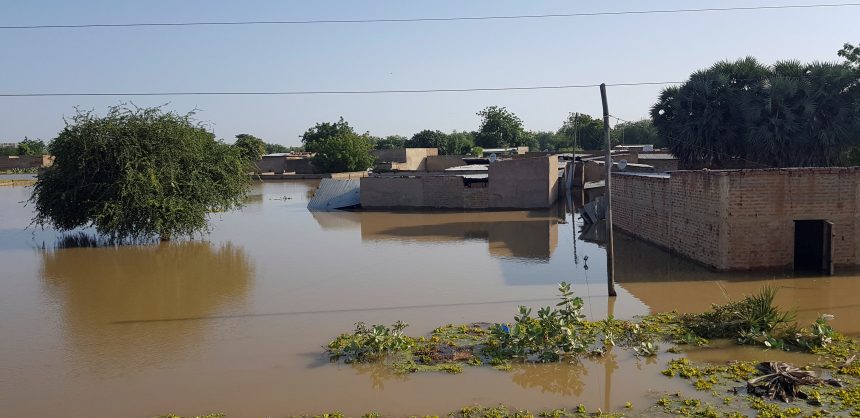On Wednesday, Mahamat Idriss Deby Itno, the interim president of Chad, proclaimed a state of emergency due to floods that is displacing more than a million people in the nation of central Africa.
The leader stated in a televised address that the disposition will help the authorities contain and handle the calamity better.
Residents of N’Djamena are constructing dykes and utilizing their dugout canoes to escape the flooded areas as about half of the city is already under water.
Many people, including Aziza Marie Noel, are still waiting despite the government’s announcement that it has set in place a response plan to provide shelter, food, and sanitation.
“Our belongings are outside, everyone is outside, and we don’t even have a place to stay, the N’djamena resident laments.
“We have no money. Even with the food we had, everything is lost. So, it’s up to them [Editor’s note: the authorities] now to see how we are.”
Despite frequent heavy rains in some areas of Chad, the UN’s International Organization for Migration claims that the precipitation in 2022 is exceptional.
Most of the hardest-hit provinces are in the south. Out of the 23 provinces in the nation, 18 have experienced disasters.
Deby Itno, the interim leader, requested financial and technical assistance from allies and partners.
Fears of a food shortage have been sparked by the destruction of over 470,000 hectares of crops and farming land by swollen rivers.
Chad declared a food emergency in June. Over 5.5 million Chadians, or more than a third of the population, were estimated by the UN to be in urgent need of humanitarian help last year.
Following the conflict in Ukraine and the global warming problem, the situation has only gotten worse.





